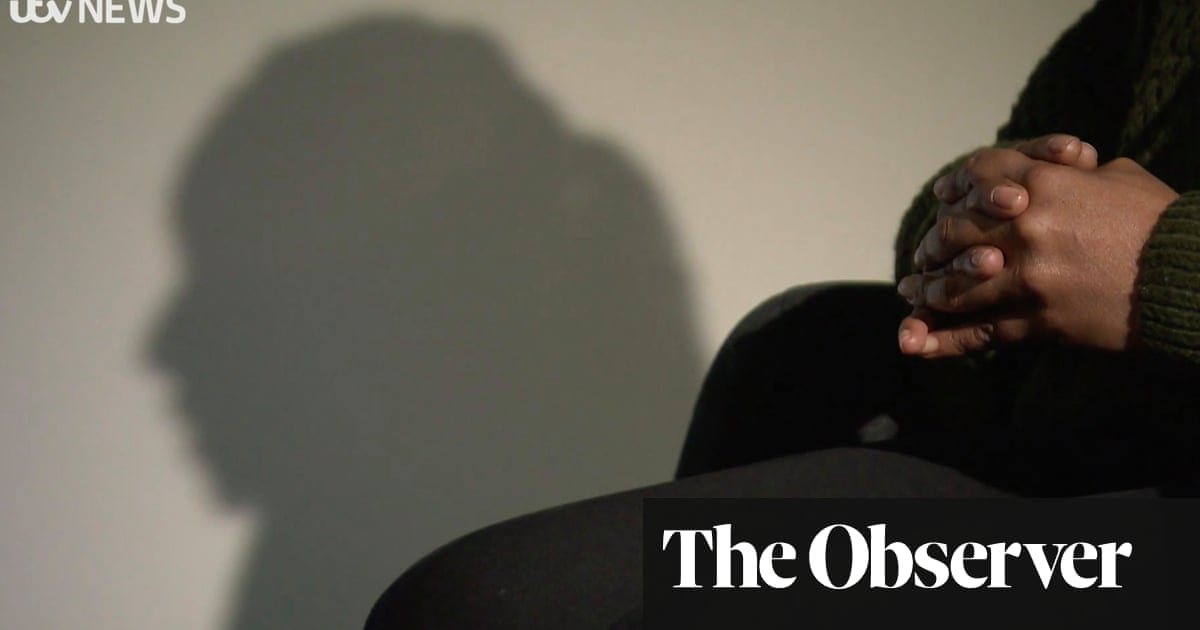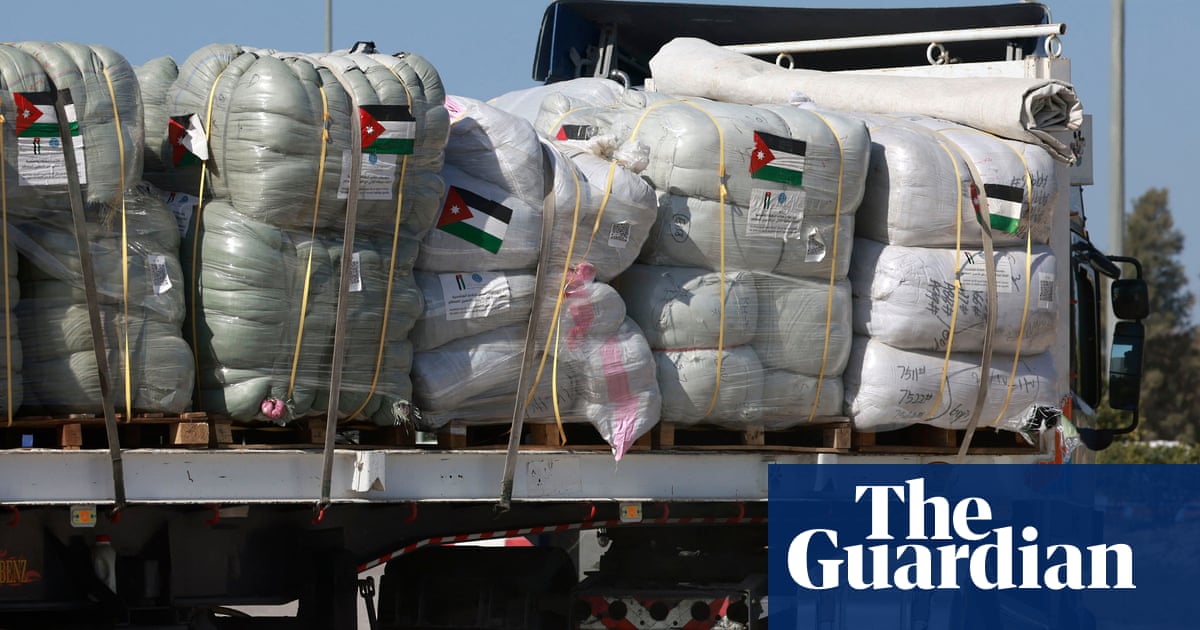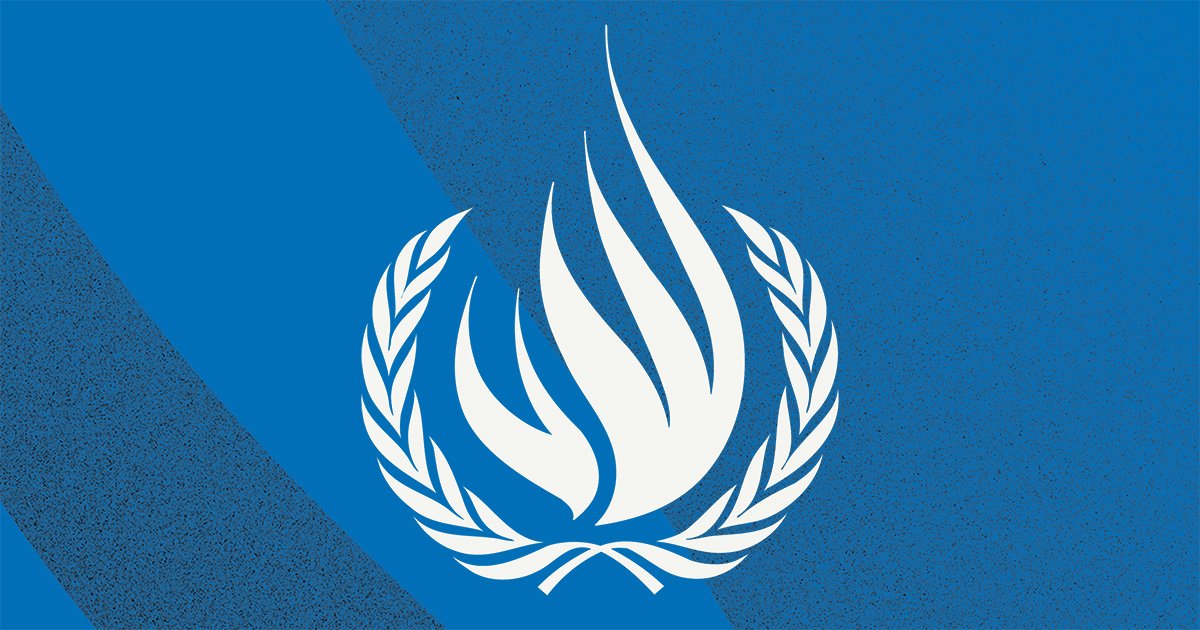
GENEVA (21 April 2021) – A UN expert welcomed Iraq’s adoption of a law to provide reparation to women and girls survivors of atrocities committed by the so-called Islamic State in Iraq and the Levant (ISIL), but said more needs to be done for children born out of rape during the conflict.
The Law on Yazidi [Female] Survivors, adopted on 1 March 2021, recognizes crimes committed by ISIL against women and girls from the Yazidi, Turkman, Christian and Shabaks minorities – including kidnapping, sexual enslavement, and forced marriage, pregnancy and abortion – as genocide and crimes against humanity.
The law provides compensation for survivors, as well as measures for their rehabilitation and reintegration into society and the prevention of such crimes in the future. It also provides for pensions, the provision of land, housing and education, and a quota in public sector employment.
“This is a major step towards promoting justice for crimes committed by ISIL,” said the Special Rapporteur on the human rights of internally displaced persons, Cecilia Jimenez-Damary.
“When I visited Iraq in February last year, I witnessed the situation of Yazidi women and girls who had survived atrocities by ISIL. Despite their remarkable resilience and strength to rebuild their lives, many continued to live in displacement and faced many challenges to achieve a durable solution.
“I welcome that the adopted law has recognized that Turkman, Christian and Shabak women and girls have also survived atrocities by ISIL, and I call for a broad implementation of the law to cover also survivors from other minorities.”
The expert, however, expressed deep concern at the situation of the children born out of rape by ISIL fighters. Mothers often encounter obstacles to register these children because of the absence of the father, and children of Yazidi women born of sexual exploitation and enslavement by ISIL are not accepted in Yazidi communities.
“These children are at risk of abandonment, and these Yazidi mothers face the difficult choice of either leaving their children or their community,” Jimenez-Damary said.
“The situation of these children is unfortunately not addressed by this law. I call on the Government of Iraq to strengthen mediation and social cohesion efforts, with the participation of those affected, to protect the rights of both the children and their mothers, and to support them in achieving a durable solution to their displacement.”
The Special Rapporteur also called on the international community to lend support to victim-centred programs and initiatives in Iraq that contribute to the implementation of the law, including by promoting social cohesion and reconciliation to support durable solutions for internally displaced persons.
The Special Rapporteur’s remarks are endorsed by: Mr. Fabian Salvioli, Special Rapporteur on the promotion of truth, justice, reparation and guarantees of non-recurrence; Ms. Mama Fatima Singhateh, Special Rapporteur on the sale and sexual exploitation of children; and Mr. Tomoya Obokata, Special Rapporteur on contemporary forms of slavery, including its causes and consequences.
ENDS












